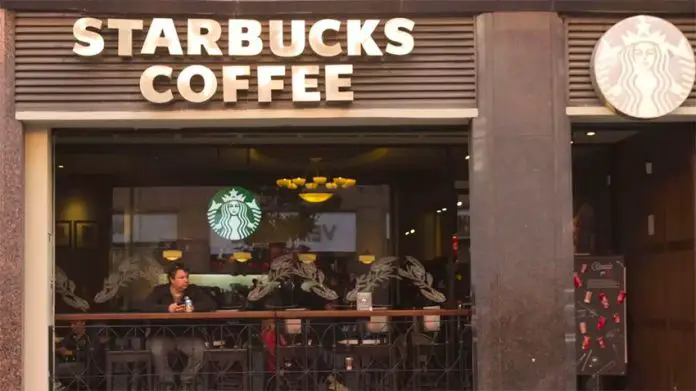In the face of Starbucks’ continued dominance among the country’s caffeine consumers, Mexico’s coffee shops are seeking new niche markets to stay a shot above the rest.
Firms like Café Punta del Cielo, The Italian Coffee Company, Finca Santa Veracruz and Cielito Querido Café have all felt the pinch from the Seattle, Washington-based global coffee conglomerate and have changed their business models to adapt.
“The arrival of Starbucks 15 years ago let loose a non-traditional dynamic for coffee consumption, it triggered a new way of approaching the idea, and there will still be spaces as each brand finds its own niche,” said Fernando Álvarez Kuri, vice-president of the consulting firm Kantar Mexico.
Operated by restaurant corporation Alsea, Starbucks has 746 units in Mexico, accounting for 51.9% of the country’s coffee shop market.
“The model that Starbucks has implemented is very successful, even though the market is more and more competitive, because it is very attractive in terms of profitability,” said Banorte analyst Valentín Mendoza.
That competition has driven other coffee shop operators to get creative.
Café Punta del Cielo, for instance, has linked up with corporations like Gayosso funeral homes, Aeroméxico and hospitals to consolidate clients.
“You have a better consumer there; people at corporations are much more practical with their consumption. You create a habit in them so that later they search out boutique products,” said the company in a statement.
The firm processes its own coffee at its plant in Puebla for consumption at its 149 locations in Mexico. This year it is hoping to improve prices and grow its presence on the shelves with products like coffee capsules and a new vanilla-flavored instant coffee.
With 390 sales points in Mexico, The Italian Coffee Company hit the road and found its niche on the country’s highways and in its home region of El Bajío, which comprises areas in the states of Aguascalientes, Jalisco, Michoacán, Querétaro, Guanajuato, San Luis Potosí and Zacatecas.
“You can have locations, but you have to be smart and find a way to differentiate yourself,” said Álvarez. “The Italian Coffee Company is very much a brand of El Bajío and the highways. It’s a very interesting niche.”

The company said that the competition created by Starbucks offered an opportunity to adapt.
“We find ourselves today in a market in constant movement, in which we try to adapt as efficiently as possible as a company,” it said.
Many of the over 170 cafés operated by Finca Santa Veracruz are in universities and corporate buildings, but in 2020 it plans to put its coffee on wheels to bring its product to new clients.
“We stopped developing the format of coffee carts because we moved to shopping center islands and large stores, but we like the format and we think we’ll start it up again and it will take off in a short amount of time,” said the company’s founder, José Navarro.
Designed and developed by Finca Santa Veracruz, the carts will be electric and self-sufficient, with enough charge to provide services for up to 10 hours.
The Cielito Querido Café brand is hoping that a change of ownership will be just what it needs to stay viable in the market. Mexican food giant Herdez recently bought its 78 cafés from ADO for 280 million pesos (US $14.5 million).
“Cielito was taken up by a company with undoubtedly more dimension, with a balance that allows it to be more aggressive in the rhythm of opening [new stores],” said Mendoza.
Álvarez said the brand’s success will depend on how the new owner presents it to the consumer.
Source: El Financiero (sp)
